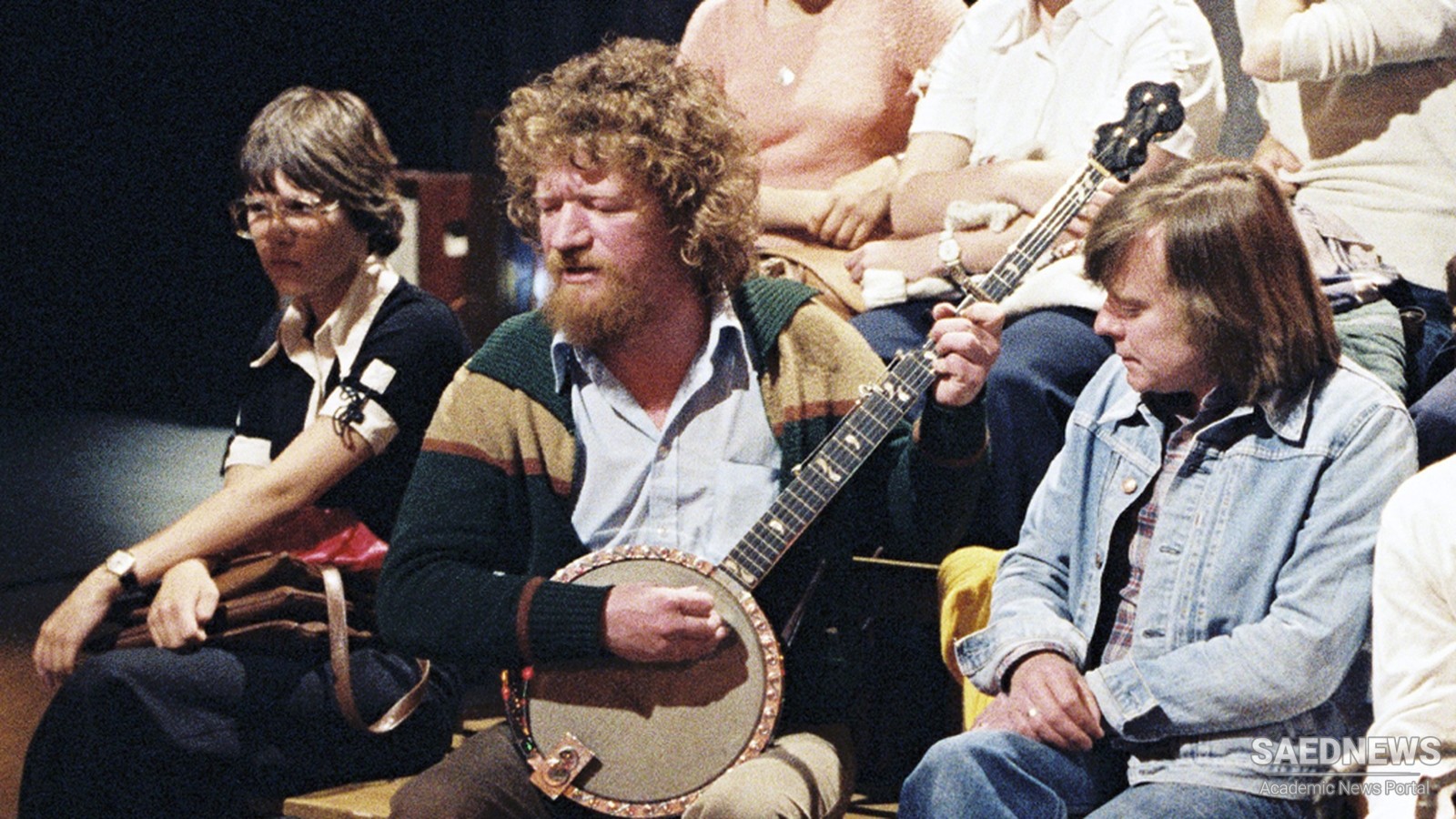Locating folk music starts with the word “music” itself. Only a few European languages have a term broad enough to cover all the human sounds that we group together this way. Navajo doesn’t, nor does Arabic or most other languages. In fact, including the call to prayer alongside the melodies that mothers sing to their babies, or what singing stars present in nightclubs, can get a researcher in trouble. In most languages, each kind of performed sound might have a separate word, or a whole set of linked terms, without the umbrella term “music,” let alone “folk music.” So while folk music is clearly “there,” it springs from an act of imagination or academic analysis. Folk music is not a set of songs and tunes; it is more of a working practice. People take available musical resources and develop strategies to make good use of them. Behind this work lie aims, reasons for giving music its share of your life and energy. Ordinary folksingers make music to enhance work with animals and crops, to raise children and keep family ties, to give voice to their beliefs, hopes, and identities, or to signal that they understand their place in society. In traditional Romania or Hungary, a woman was expected to lament loudly and expressively at the funeral of a loved one. She drew on local resources of melody, pitch, dynamics, and text. Her strategy was to conform to the expectations of her family and neighbors, since they would be listening and evaluating her performance, even in such a grief-stricken moment.


 Folk Music, Colonialism and Rustic Sense of Music
Folk Music, Colonialism and Rustic Sense of Music














































